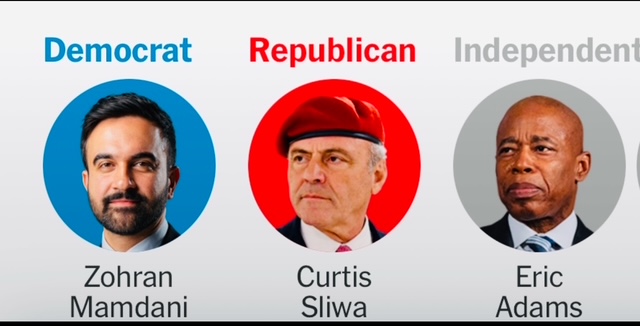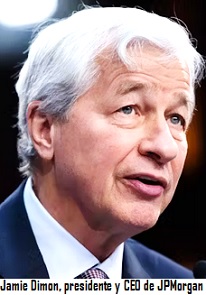| Una vez más, Nueva York se debate entre el capitalismo y el socialismo. La actual es una crisis más dañina y definitiva. Una situación comparada con las películas de ficción que pueden convertirse en realidad, como la de Escape de New York. |

En el pasado la ciudad ha sido rescatada por lideres que la aman genuinamente. Algunos están dispuestos a dar todo de si para salvarla, como lo hizo el alcalde Rudy Giuliani en su momento, quien la restauró, limpió y puso a funcionar exitosamente. Los refugios se abrieron a los indigentes y las cárceles a los delincuentes; las escuelas de arte para los grafiteros con talento, los centros de rehabilitación a los drogadictos y los hospitales a los enfermos mentales. Cada quien en su lugar.
Ahora el salvador de NYC podría ser Curtis Sliwa, newyorkino, que ha trabajado activamente por su ciudad toda una vida. Fundador de los Ángeles Guardianes, organización de voluntarios que aminoró el crimen en los cinco condados, y un apoyo notable para el departamento de policía. Sliwa conoce a NY al derecho y al revés.
New York es víctima de los políticos “demócratas” radicales, con tendencias socialistas, marxistas y globalistas que buscan el voto de una juventud adoctrinada y en la ilegalidad de una invasión migratoria que percibe a Nueva York como la Meca del dinero fácil.
- Hits: 660

 The US has had a good, long run as a beacon of freedom for the entire world, but nothing lasts forever. Things started changing radically with the War Between the States, and the ascendancy of progressives like Teddy Roosevelt and Woodrow Wilson. Then came FDR with his New Deal, and Lyndon Johnson's Great Society. And it's accelerated downhill from there.
The US has had a good, long run as a beacon of freedom for the entire world, but nothing lasts forever. Things started changing radically with the War Between the States, and the ascendancy of progressives like Teddy Roosevelt and Woodrow Wilson. Then came FDR with his New Deal, and Lyndon Johnson's Great Society. And it's accelerated downhill from there.


 Chase, ha certificado a los líderes europeos con una competitividad decreciente. Según informó el Financial Times, Dimon advirtió en un evento del Foreign Office de Dublín que Europa está perdiendo cada vez más influencia económica en comparación con Estados Unidos y China.
Chase, ha certificado a los líderes europeos con una competitividad decreciente. Según informó el Financial Times, Dimon advirtió en un evento del Foreign Office de Dublín que Europa está perdiendo cada vez más influencia económica en comparación con Estados Unidos y China.
